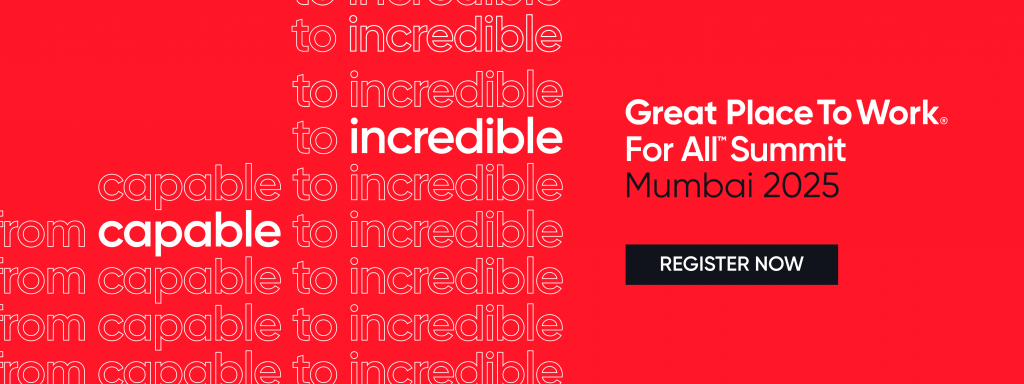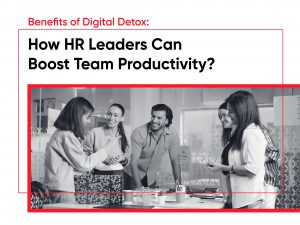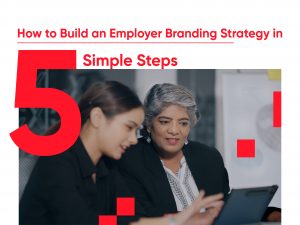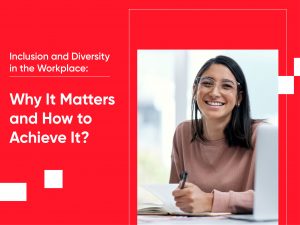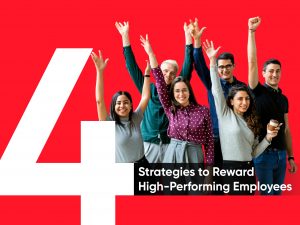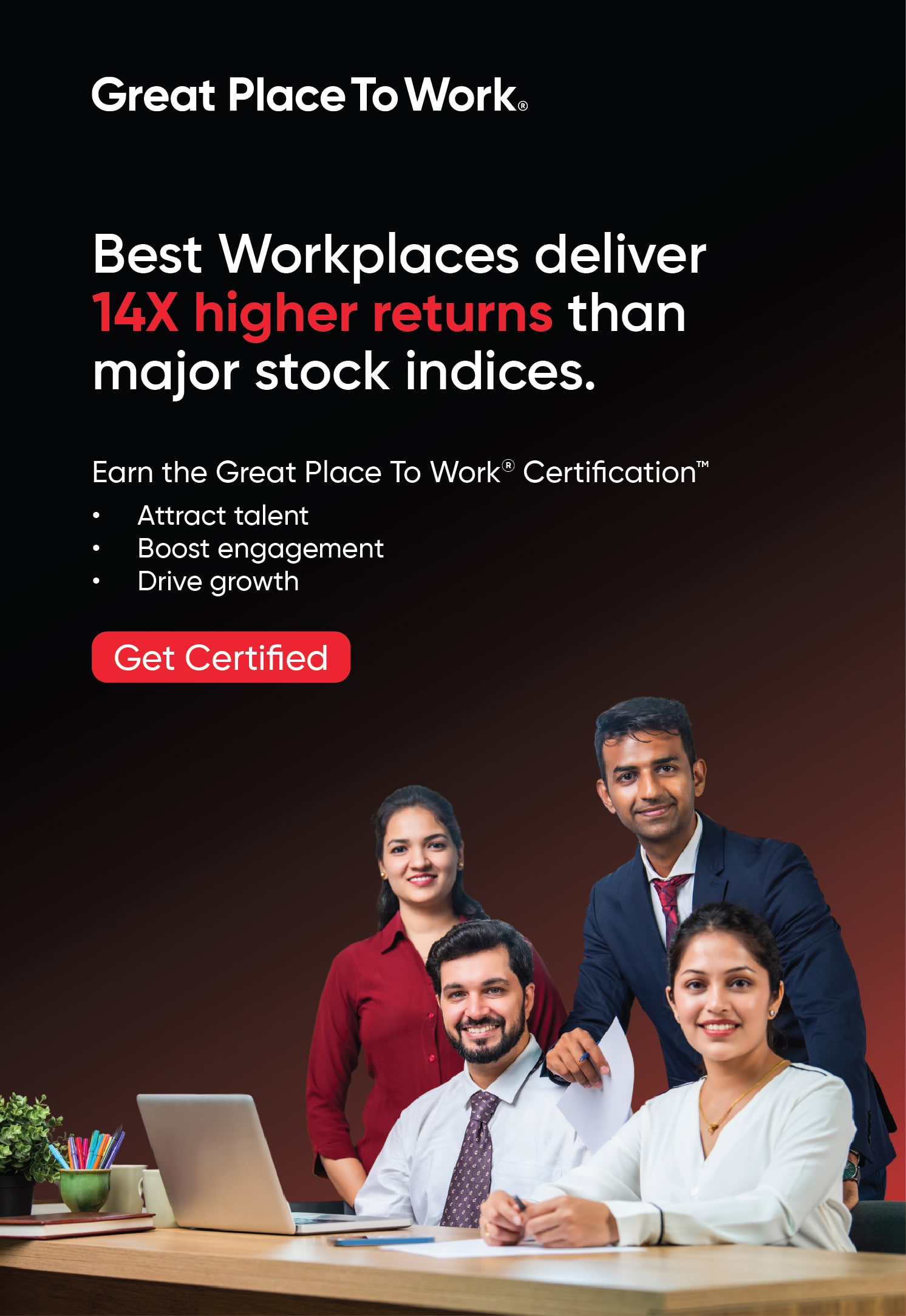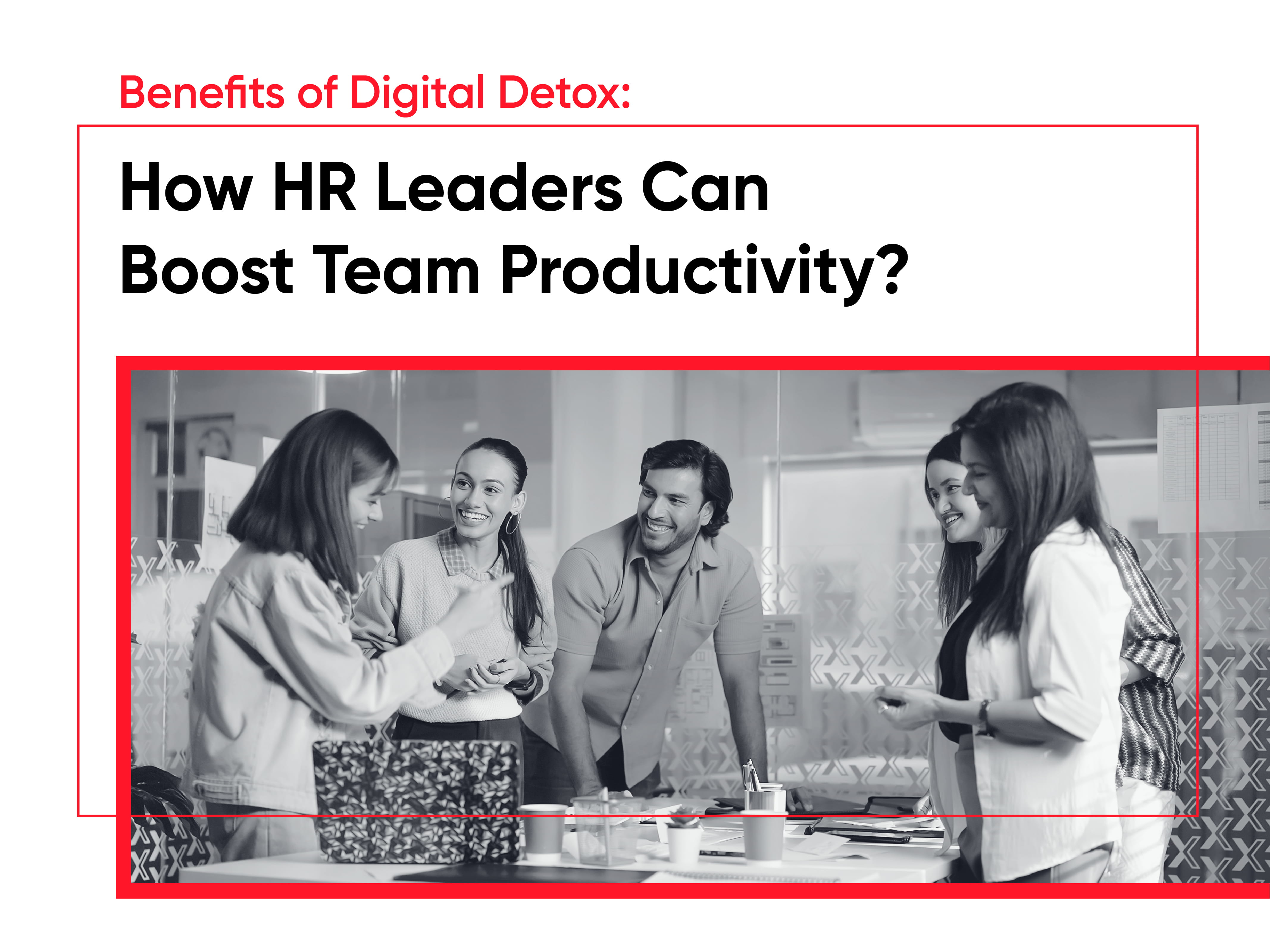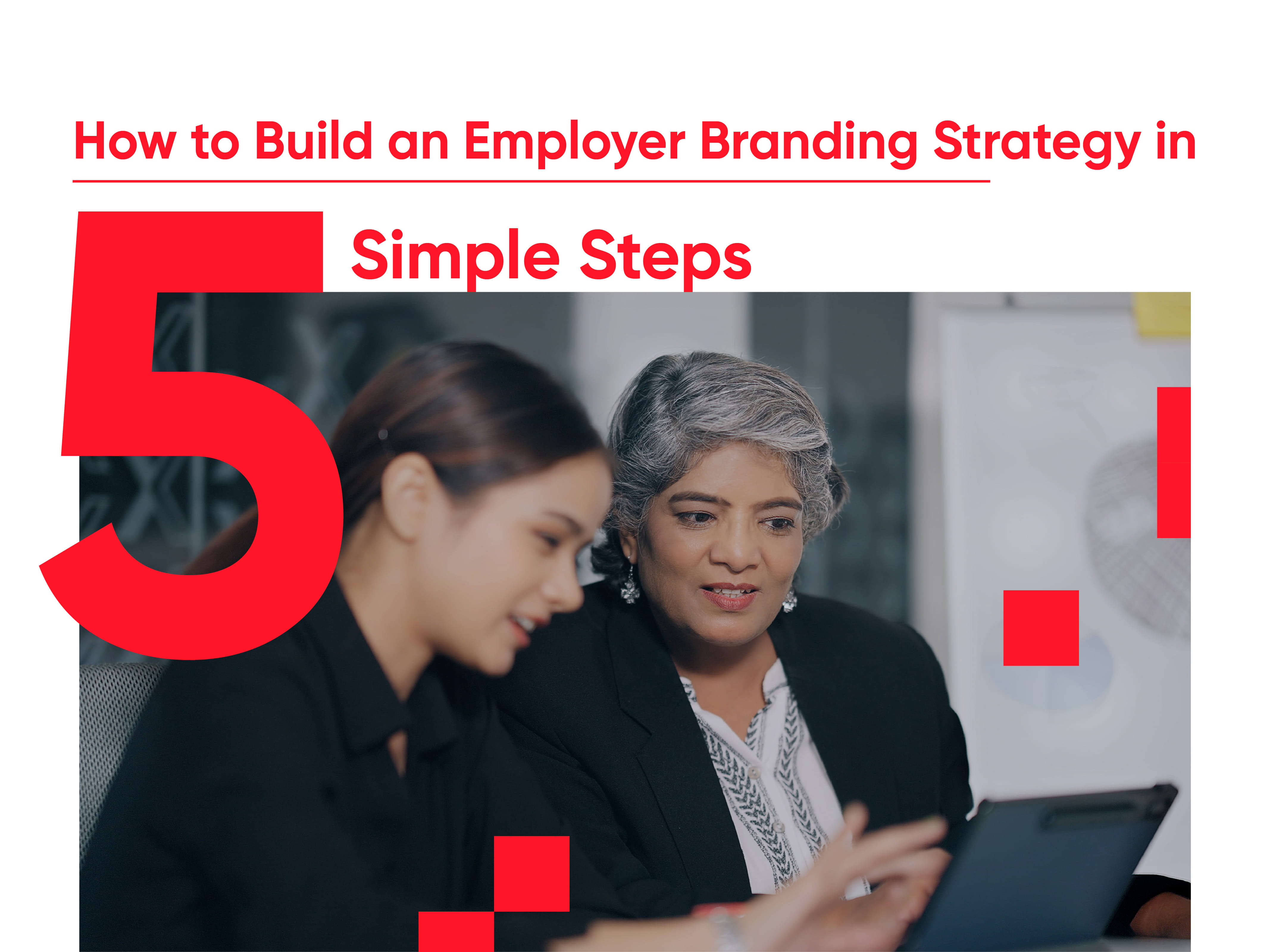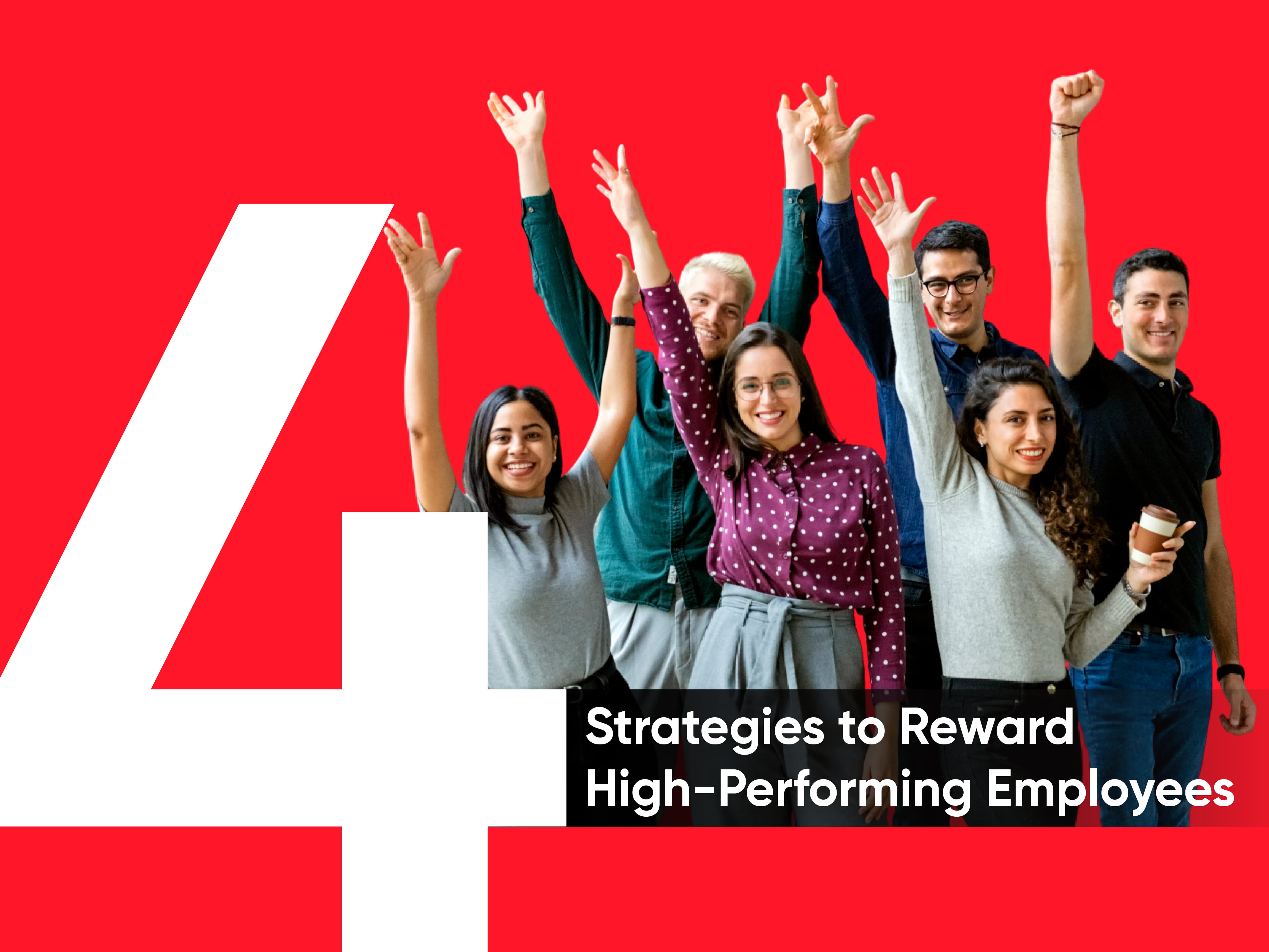Reading Time: 5 minutes
Millennials, born between 1981 and 1997, make up 67% of today’s workforce, making them the largest generation represented in professional environments. As this cohort advances in their careers, they’ve grown to embody a variety of roles beyond traditional expectations. Millennials navigate a unique work-life balance, managing responsibilities that extend beyond the office, from spearheading projects and leading teams to caregiving for family members and even raising children. Their influence is seen across all levels of organizations, where they shape not only their own career paths but also the cultures and policies around them. This blog explores the multifaceted roles as described in Great Place To Work®’s India’s Best Workplaces for Millennials 2024, how millennials juggle both professionally and personally, and how companies can support them effectively.
Millennials in the Workplace
Millennials’ impact within organizations spans multiple levels, reflecting their desire for growth, fair compensation, and a sense of purpose:
As Individual Contributors
Younger millennials, often newer in their careers, are driven by opportunities for career growth and skills advancement. For many, fair pay and equitable treatment are essential motivators, with 79% of millennials in top workplaces affirming they receive meaningful career growth opportunities. This group seeks clarity in job roles, support for developing their expertise, and a workplace that encourages them to take ownership of their progress and contributions.

As Team Leads
Many millennials are now stepping into leadership roles where they not only manage projects but also mentor younger colleagues, fostering a collaborative and supportive team environment. With 80% of millennials stating they are offered training and development opportunities, they’re equipped to cultivate these skills and support their teams effectively. In these roles, they value transparency, inclusivity, and continuous learning, qualities that resonate with both their peers and their subordinates.
Entering the Boardroom
As more millennials ascend to senior leadership positions, they bring fresh perspectives to strategic decision-making. A notable 84% of millennials in these workplaces feel supported in their leadership development, indicating that the best workplaces for millennials invest significantly in their growth potential. These roles allow millennials to shape the culture, priorities, and values of their organizations from a top-down approach, fostering inclusive and innovative practices.
Personal Aspects of Millennial Life
Outside of their professional roles, millennials continue to navigate a wide range of responsibilities and lifestyle choices that require them to balance personal aspirations with family obligations:

Supporting Elder Parents
Much like previous generations, many millennials take on the responsibility of supporting aging parents, providing emotional, physical, and financial care as needed. This role often entails coordinating healthcare, managing household needs, and offering companionship, adding an additional layer of responsibility beyond their careers. Companies that offer flexibility and understanding around these responsibilities empower millennials to fulfill these familial roles without compromising their career ambitions.
Living Independently
A growing segment of millennials, including single individuals and DINKs (Dual-Income No-Kids), are embracing independent lifestyles. These millennials are often highly career-focused and may prioritize financial independence or personal growth over traditional family roles. With fewer familial obligations, they may seek out opportunities that provide both personal freedom and professional development. Workplaces that respect these lifestyle choices by offering flexible working options, remote work, and support for work-life balance often see higher engagement from these employees.
Working Parents
For those millennials who have children, balancing parenthood with professional demands is a critical part of their daily lives. They manage a variety of responsibilities, from child-rearing and education to healthcare and financial planning. Millennials in this role value workplace policies that support family life, such as parental leave, flexible work hours, and health benefits that extend to dependents. By accommodating these needs, organizations can help working parents feel valued and supported, allowing them to stay fully engaged in both their personal and professional roles.
What Best Workplaces Offer Millennials
Millennials thrive in workplaces that recognize their diverse needs and offer comprehensive support for their professional and personal growth. The best workplaces for millennials provide several key benefits that align with their expectations:

Unique Benefits
Millennials appreciate companies that go beyond standard benefits by offering perks that address their lifestyle needs. Paid time-off, flexible work schedules, and in-house childcare are highly valued, as these benefits allow millennials to balance work with family or personal obligations. Additional offerings like wellness programs, mental health support, and even gym memberships demonstrate an organization’s commitment to supporting employees’ overall well-being.
Fair Compensation
Millennials want to feel that their hard work is rewarded fairly. In the best workplaces, 74% of millennials believe they are fairly compensated for their efforts. In addition to competitive pay, these companies also provide profit-sharing programs that allow employees to share in the organization’s success. Fair compensation is not just about pay; it reflects a culture of respect and value, where employees feel recognized and appreciated.
Opportunities for Growth
Career development is a priority for millennials, who seek roles that provide both stability and advancement potential. The best workplaces offer high levels of training, development programs, and clear career paths that encourage millennials to grow within the organization. By providing structured learning opportunities and transparent promotion criteria, these companies foster a culture of continuous growth. With 79% of millennials reporting they receive meaningful career growth opportunities, these workplaces prove that investing in employee development pays off.
Millennials represent a generation that’s reshaping the workplace through their varied roles and unique priorities. By understanding and addressing the full spectrum of their needs, both personal and professional, organizations can create environments that enable millennials to thrive. This will not only benefit the millennials themselves but also foster a more inclusive, resilient, and productive workplace.
Get Certified to Showcase Your Commitment
Achieving Great Place To Work Certification™ is an excellent way to demonstrate your organization’s commitment to employees’ overall well-being and experience. This Certification not only enhances your employer branding but also helps attract and retain top talent. It highlights to current and prospective employees that your organization values their overall well-being, fostering an environment where they feel appreciated and supported.
By implementing a culture of trust, respect, and collaboration, you can create a workplace where employees feel valued and connected. Certification also provides a benchmark for continuous improvement, helping you identify areas where you can further enhance employee well-being and overall workplace culture.
For All Summit Mumbai 2025: Vision to Value – Building Workplaces That Matter
Join us on February 6, 2025, in Mumbai for an enlightening day filled with insights on creating sustainable, humane, and inclusive workplaces. Learn from industry leaders about purpose-driven cultures, innovative HR practices, and adaptive leadership strategies.
Get your passes today – https://www.greatplacetowork.in/for-all-summit
